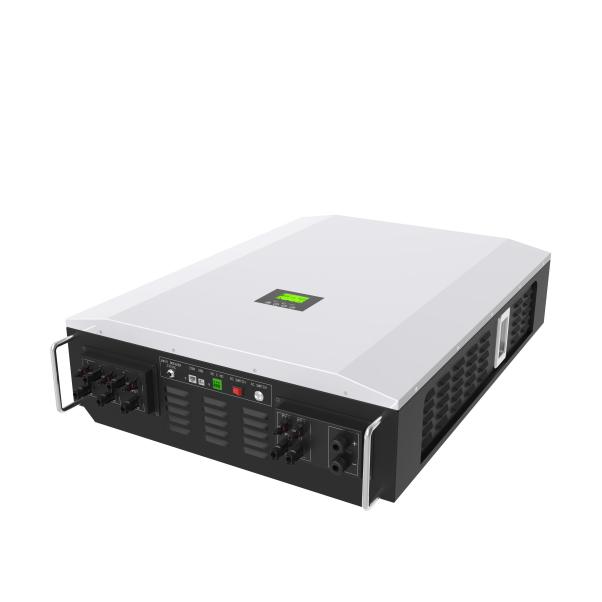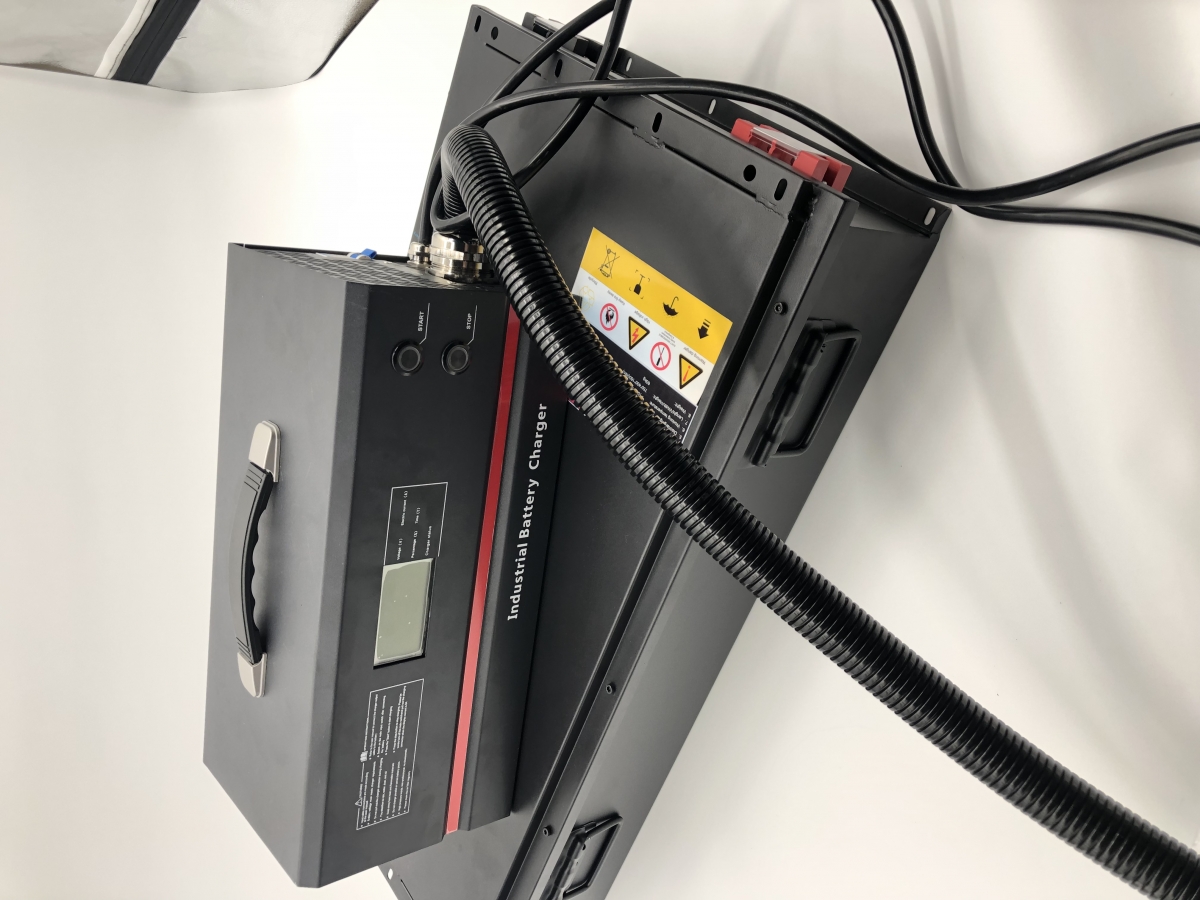- 30
- Nov
Using Experience with Lithium and Lead Acid
This week, we will discuss the differences you encounter when using lithium batteries and lead-acid batteries. We compared everything from installation to weight and speed. Watch the full video to learn more about the benefits of switching to lithium batteries.
For more information, check out: Technology Tuesday Video
Transkript:
Hi everyone, I’m Simon. On today’s Technology Tuesday, we will discuss your actual experience when using lithium batteries compared to lead-acid batteries.
Let’s start with the installation. Lithium batteries are half the weight of lead-acid batteries of the same capacity, which makes them easier to lift and install in your vehicle or equipment. A 100-amp-hour lithium battery weighs less than 30 pounds!

When people operate equipment (whether it is a boat, golf cart or any other type of vehicle), the first thing people notice when using lithium batteries is the feel. Lithium batteries reduce weight and provide higher power, which significantly improves riding speed and smoothness.
The higher voltage of the lithium battery provides more power, thereby increasing the acceleration capability. You can reach maximum speed faster and more frequently. You cannot reach full speed when using lead-acid batteries when going uphill, or when the load is heavy, or when going upstream, but when using lithium batteries, you can do it!
When lithium batteries are used as a home power source for RVs, people usually take advantage of lighter weight and greater power to add more items they really want to the RV.
You will experience full power throughout the use. It is not uncommon to run the accessories in the battery pack in a vehicle. For lead-acid batteries, this may be problematic. For example, when using lead-acid batteries to power ships, at some point the voltage will drop too low to allow the accessories to operate. With a lithium battery, you will not lose the power of these accessories because the voltage is still high before the battery is completely exhausted.
Another noteworthy experience of lithium batteries is their service life. You will not change the battery every 1-5 years, depending on your specific application.
Just as important as what you experience is what you did not experience. Let me explain.
You will not waste precious time. This point is twofold in terms of charging and maintenance. First, the charging speed of lithium is four to six times that of lead acid. Therefore, it takes less time (and power) to charge. Secondly, with lead-acid batteries, you inevitably spend time cleaning the acidic stains on the top of the battery, in the battery box, and on the floor. If it is left for too long, you may need to replace the battery cable due to corrosion buildup. With lithium, there is no need to clean up!
Finally, lead-acid batteries are easily damaged. Even with the best intentions, in some cases, we may not add water when needed, or will not fully charge the battery or discharge it for a long time, resulting in permanent damage and shortening the lifespan. There is no impact on the lithium battery. Lithium batteries really give you peace of mind.
In fact, lithium batteries are so reliable and maintenance-free that you might even forget to own them!
